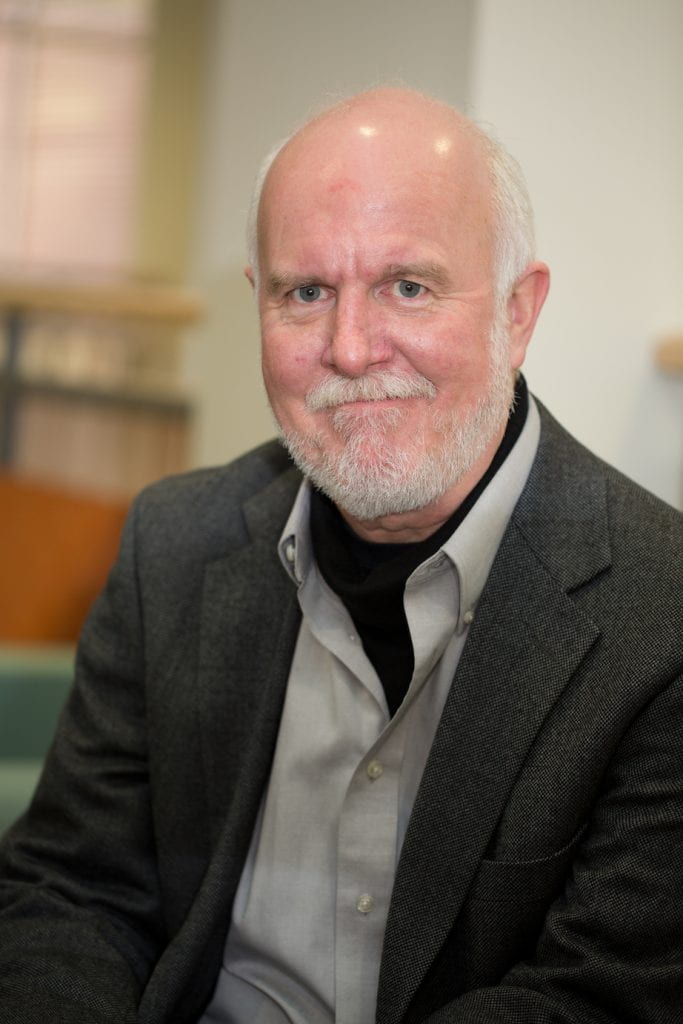
When Michael Svoboda joined GW’s University Writing Program in the fall of 2005, he was embarking on a second career. Previously, he had owned a bookstore just off Penn State’s University Park campus, where he had earned a Master’s Degree in Speech Communication and completed the course work for an interdisciplinary PhD in hermeneutics. During those bookstore years, he also produced and hosted a weekly book review program for the local NPR affiliate. When superstores and online retailers forced him to close his bookstore, Michael Svoboda reactivated his PhD program, writing his dissertation while serving as the night/operations manager for two residential facilities, for visiting cancer patients and their families, on Johns Hopkins medical campus in downtown Baltimore. After completing his PhD in 2002, he taught courses on communication, writing, and publishing/editing at Penn State—until he accepted George Washington University’s offer of an assistant professorship.
Environmental rhetoric was the unifying theme underlying the first writing courses Prof. Svoboda taught at GW—on Invasive Species, Global Warming and the Problem of Global Governance, and Communicating Climate Change. Increasing evidence of the partisan political divide on climate change then led him to design a new UW 1020 course on political psychology, The Political Brain, which he now teaches during election years in the U.S.
Since completing his PhD, Michael Svoboda has pursued two very different research programs—on ancient Greek rhetoric and on communicating climate change. In 2010, he became a regular contributor to Yale Climate Connections. His current book project—and the focus of his year with GW’s Humanities Center—will further develop pieces he wrote for YCC on how climate change is depicted in advertising, in popular books and magazines, in documentaries and fictional movies, and in American political cartoons and commentary.

